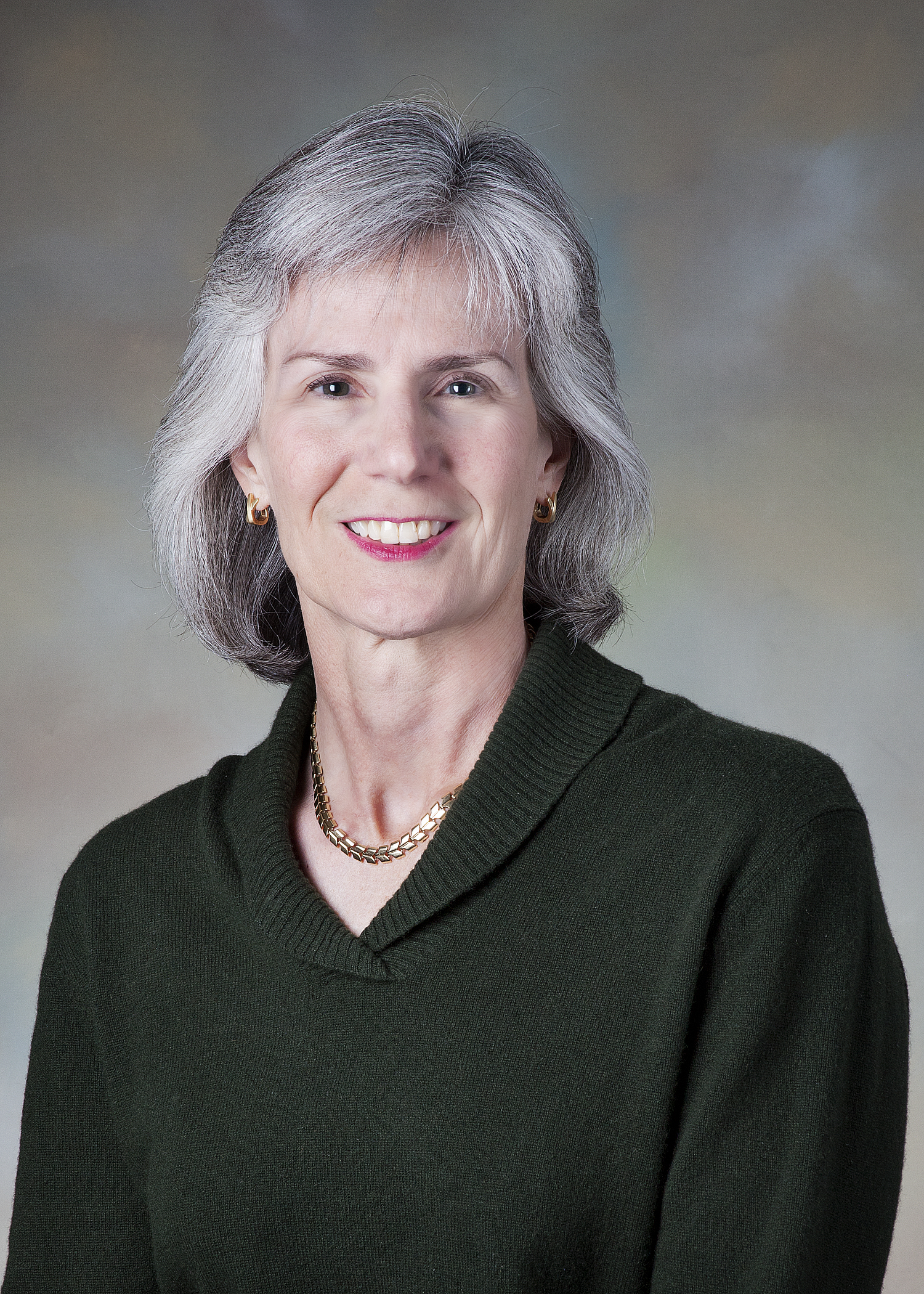New role includes leadership of Energy and Climate program
LIVERMORE, Calif.—Sandia National Laboratories has appointed Marianne Walck vice president of Sandia’s California laboratory. She replaces Steve Rottler, who will become the deputy director and executive vice president for National Security Programs. Both changes are effective March 6.

“I am pleased to welcome Marianne to Sandia’s executive leadership team,” said Paul Hommert, Sandia president and labs director. “She brings a deep and accomplished background in energy, as well as demonstrated success in leading large organizations. These skills and knowledge make her well-suited to leading both our California organization and our energy programs.”
In her new role, Walck will also lead the Energy and Climate program. She is currently the director of Sandia’s Geoscience, Climate, and Consequence Effects Center.
“I am honored and excited to have the opportunity to lead the diverse activities at Sandia’s California laboratory and the Energy and Climate program,” said Walck.
Walck received her master’s and doctoral degrees in geophysics from the California Institute of Technology. She also holds a bachelor’s degree in geology and physics from Hope College in Holland, Michigan. She joined Sandia in 1984 and has more than 24 years of leadership experience.
Walck’s research career centered on seismic studies related to subsurface energy sources and research tools for treaty verification. While manager of the Geophysics Department, her staff developed key technologies to monitor and characterize subsurface processes, including microseismic methods for understanding the direction and extent of subsurface fractures created by hydraulic fracturing.
As senior manager for the Nuclear Energy Safety Technologies Group, Walck oversaw studies for the Nuclear Regulatory Commission assessing vulnerabilities of nuclear power plants to terrorist attacks and key experiments on the consequences of spent-fuel drainage for boiling-water reactors. These experiments were later important in understanding the 2011 Fukushima Daiichi nuclear disaster.
Walck’s recent responsibilities have included the National Infrastructure Simulation and Analysis Center, engineering and science support for the Strategic Petroleum Reserve and research programs on infrastructure resilience and subsurface science and engineering. She also serves as the associate director for the Center for Frontiers of Subsurface Energy Security. This DOE-sponsored Energy Frontier Research Center is pursuing scientific understanding of processes to safely store carbon dioxide and other energy production byproducts.